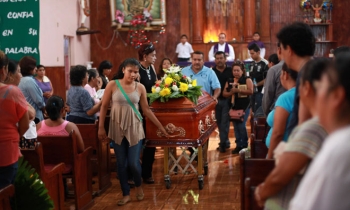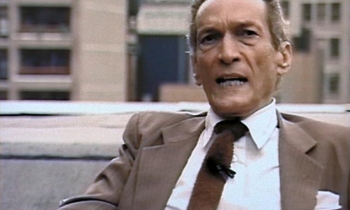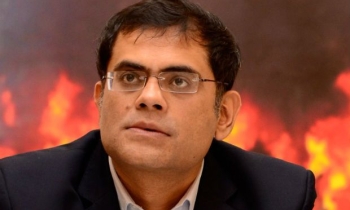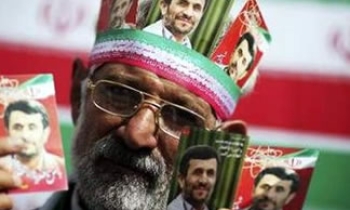Back in 1987, then Prime Minister of France Jacques Chirac called for the creation of a French international news network. Now, 18 years later, his dream is en route to being realised.
Culture and Communications Minister Renaud Donnedieu de Vabres announced 30 November the launch of a "chaîne d'information internationale" (CII), dedicated to giving French spin on world news following the model of CNN, BBC World and Al Jazeera.
France, declared the President, "must be at the forefront of the global battle of images. That's why I am resolved that our country should have an international news channel."
Still awaiting a name, the nascent channel will have a budget of 65 million for its first year and be available late 2006 in French and English via satellite throughout Europe, Africa and the Arab speaking world.
By contrast, Euronews operates with an independent annual budget of 30 million (though it has considerable back-up from its European share-holder channels), while its German speaking counterpart, Deutsche Welle, operates on 265 million per year.
It was following the very public diplomatic clashes and quagmire in Iraq in 2003 that Chirac swore to resurrect the idea of "CII". As such, the new channel will aim "to spread the values of France and its global vision throughout the world," said a very Gallic Chirac.
So will the 130 or so journalists recruited to the CII project be "journalists or diplomats", asks French daily Libération? According to Donnedieu, they will have a "very important role in countering the caricatured images" put out by foreign channels, as was most striking during the riots in France.
Indeed, while the French government has considerable leverage over domestic channels it has failed to get France's message across to the wider world, says Libération.
At home, however, critics have slammed the fact that key media outlets Agence France Presse and Radio France Internationale have been left out of what will essentially be a state funded partnership between Chirac's favourite private channel, TF1, and public broadcaster France Télévisions.
After initial resistance from Villepin and Donnedieu, the next major hurdle comes from the troops themselves. Journalists at France Télévisions have handed in a petition saying they will refuse to work for this "hybrid team".
Head of France 3, Patrick de Carolis, glibly remarked "the CII newsroom simply will not have enough people to feed the channel". Clearly, Chirac and co have a lot of work to do before the channel is up and running but it remains an important project.
Like Al Jazeera, CII will provide a counterpoint to CNN, BBC, and the ubiquity of the English language and Anglo-American world views.









